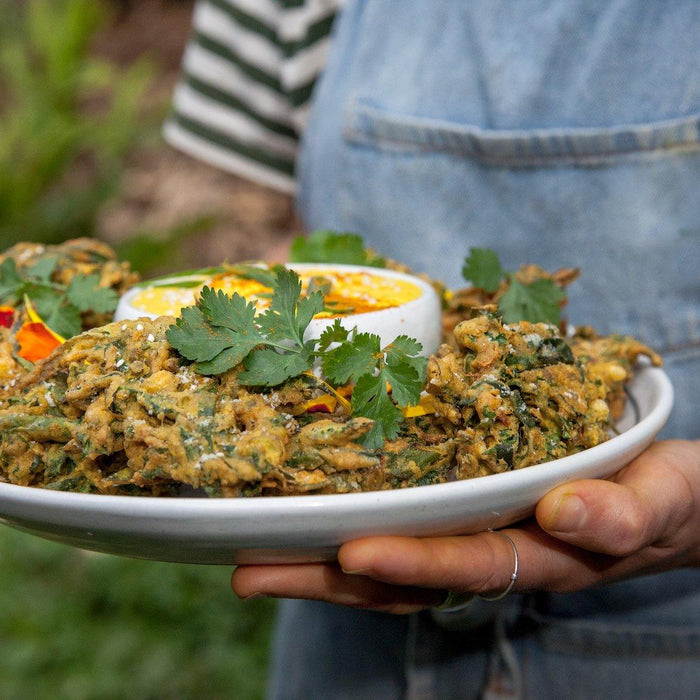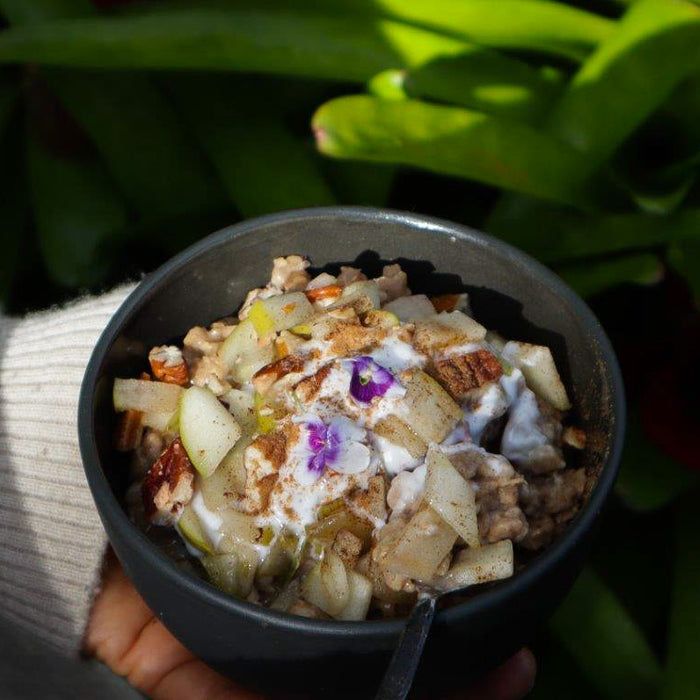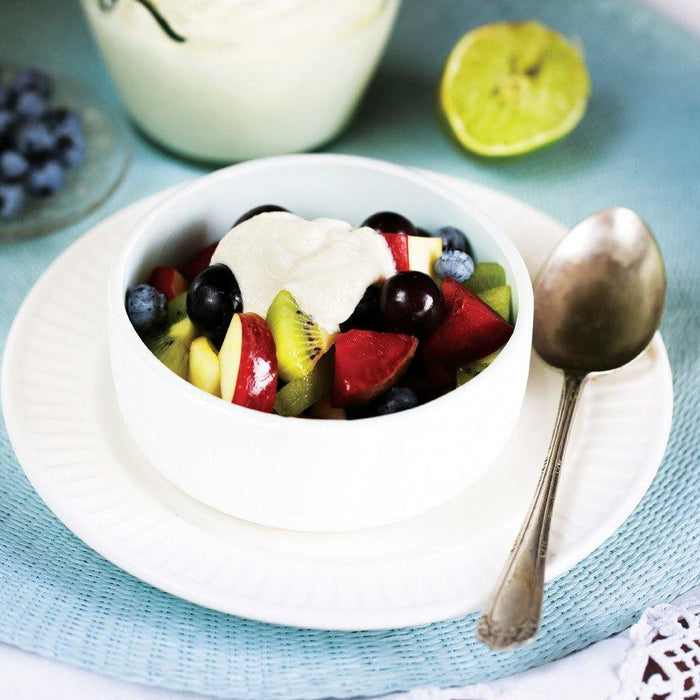In a world where sustainability is becoming more important than ever, one area where we can all make a difference is in how we handle our food scraps and waste at home. The amount of food wasted globally is staggering, but with a few simple changes to our habits, we can reduce our environmental footprint and contribute to a healthier planet. One of the most effective ways to do this is through composting, a natural process that turns organic waste into nutrient-rich soil. In this guide, we'll explore the importance of taking care of our own food scraps and waste, and provide some easy tips for composting at home.
Why Care for Food Scraps and Waste?
Food waste is a significant environmental issue with far-reaching consequences. When food scraps end up in landfills, they decompose anaerobically, releasing methane, a potent greenhouse gas that contributes to climate change. Additionally, valuable nutrients contained in food waste are lost when it is not properly recycled.
By taking care of our own food scraps and waste, we can help mitigate these problems while also benefiting our gardens and reducing the need for chemical fertilisers. Composting is a simple and effective way to recycle organic waste, enriching the soil and promoting healthy plant growth.
Tips for Easy Composting
Start small: If you’re new to composting, begin with a small pile or bin. You don’t need a large space to get started, and starting small allows you to learn as you go. Small systems like the Bokashi Bin are a great way to start. Larger compost bins for the garden may be available for purchase from your Local Council - for Byron Bay residents, check out this LINK).
Collect in the kitchen: Collecting compost in the kitchen can be easy and odour free with the beautiful Kitchen Compost Bin (fitted with a charcoal filter in the lid) offered by Seed & Sprout.
Know what to compost: Most organic materials can be composted, including fruit and vegetable scraps, coffee grounds, eggshells, garden waste, and shredded paper and newspapers. Avoid composting meat, dairy and oily foods as these can attract pests and rodents. Did you know that compostable cups usually cannot be composted due to the cups having a fused-on plastic lining? To be part of the revolution to reduce waste associated with single-use coffee cups check out our blog HERE.
Balance your materials: Aim for a balanced mix of brown and green materials in your compost pile. Green materials, such as fruit and vegetable scraps, provide nitrogen, while brown materials, such as leaves and shredded paper, provide carbon. A ratio of 1:1 by volume is ideal.
Aerate regularly: To facilitate the composting process, turn or aerate your compost pile regularly. This introduces oxygen, which helps break down organic matter more quickly.
Keep it moist: Your compost system should be moist, but not soggy. If it’s too dry, add water and a watering can or hose. If it’s too wet, add more dry materials like leaves or shredded paper.
Be patient: Composting is a natural process that takes time. Depending on conditions such as temperature and moisture, it can take several months to a year for compost to fully mature. Be patient and trust in the process.
Use your compost: Once your compost is ready, use it to enrich your garden soil or houseplants. You’ll be amazed at the difference it makes in plant health and vitality. If you’ve got some compost to use and are looking to brighten your garden with easy-to-grow flowers, check out our Settler Hives seed collection for inspiration!
Ready, Set, Go!
Caring for our own food scraps and waste is a simple yet powerful way to promote sustainability and reduce our environmental impact. By composting at home, we can recycle organic waste, enrich the soil, and contribute to a healthier planet for future generations. With a few easy tips and a commitment to making a difference, anyone can become a composting champion. So let's roll up our sleeves, embrace sustainability, and start composting today!






